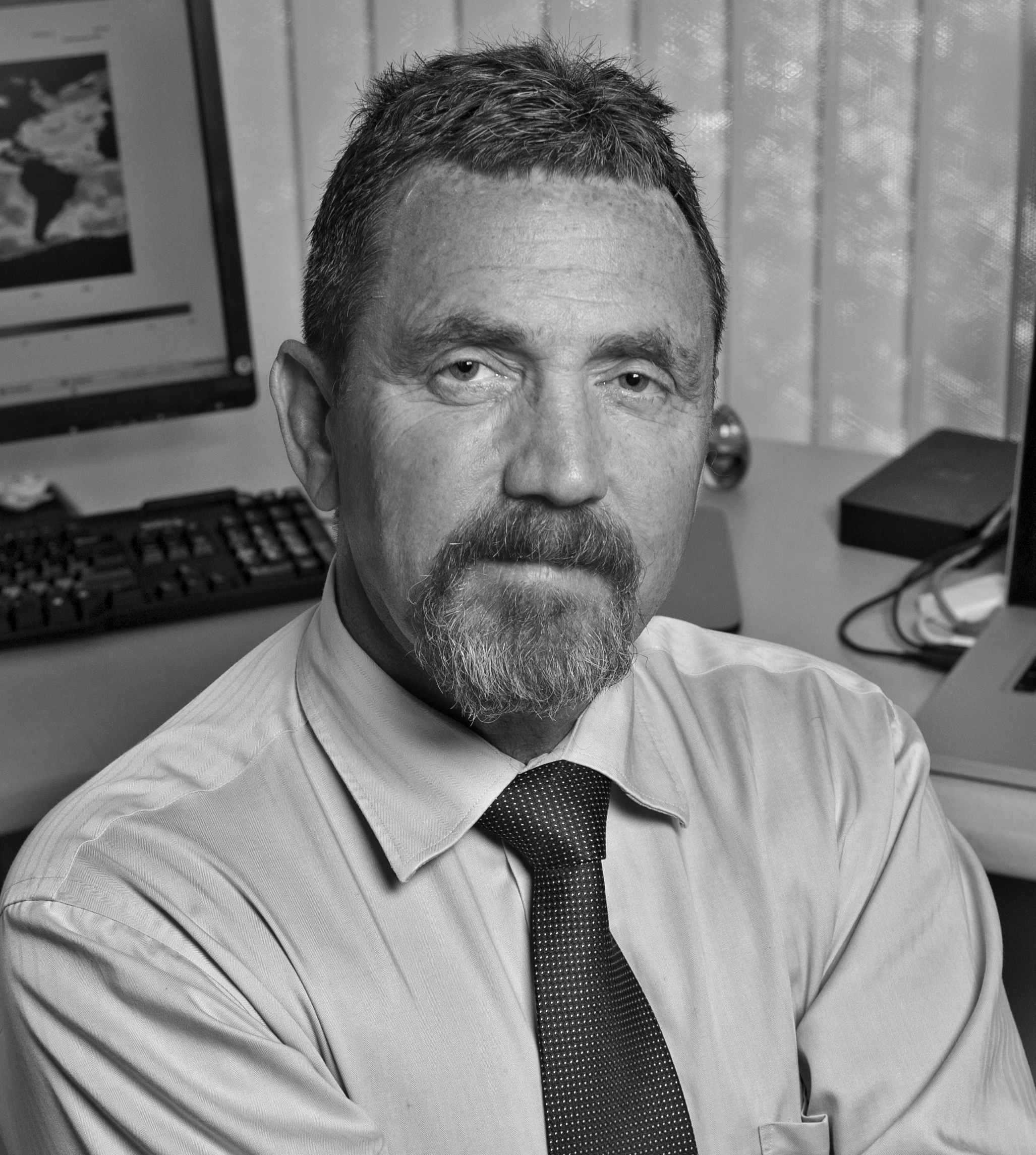Each of us views the world through a different lens. Those lenses are complex. They are the product of the accident of where and when we were born. Lenses are shaped by education, culture, religion, genetics, family, friends, and the vagaries of our trajectories through life.
My lens was shaped by a multicultural upbringing and by my experiences as a climate scientist. I grew up in three different countries. I saw what the world looked like from perspectives unlike my own. In my professional life, I sifted through complex data from satellites and computer models, searching for signals embedded in noise, trying to understand the impact of human activities on Earth’s climate system. My lens was not an American, German, or British lens. My lens was influenced by the commonalities in our humanity; by rationality, science, and evidence.
I have been trying – and failing – to understand the tragedy of Ukraine through my personal lens. I see images and read reports of the daily mass murder of innocent civilians in Ukraine. Thousands of Ukrainians have died since Mr. Putin initiated this unprovoked “special military operation”. The West imposes sanctions on Russian politicians and oligarchs, provides arms and munitions to Ukraine, but does not intervene militarily. This, we are told, might lead to a Third World War. It could cause nuclear conflict between the West and Russia.
So the world watches and debates while Ukrainians continue to die. Through an accident of birth, they do not live in a NATO country. The West has no treaty obligation to come to their defense. Ukrainians are not protected by a policy of “mutually assured destruction”. Instead, they face unilaterally assured destruction if they do not accept subjugation by Russia.
My lens of humanity and rationality struggles to accept all of this. A dictator with nuclear weapons, oil, and gas is holding the entire world hostage while civilian targets are destroyed in Ukraine. Things will be different, we read in news reports, if Russia uses chemical weapons against Ukrainians. That would cross some invisible line in the sand. The West would respond militarily, we hear – although there is “strategic ambiguity” in the details of what a Western response might entail.
For thousands of dead Ukrainians, their method of death is immaterial. Tank, thermobaric weapon, or aerial bombardment – each death is a tragedy. There should be no relativism in terms of which form of death is more acceptable.
Nor should there be any “strategic ambiguity” in our humanity. We are either committed to the defense of a fledgling democracy and millions of innocent civilians, or we are not.
Some Russians have said that the war in Ukraine is a stain on all Russians, and that this stain will not be expunged for many generations. The stain is not unique to Russia. We have our own indelible stains here in the United States. An ex-President who refuses to criticize Vladimir Putin and continues to express admiration for a brutal murderer. Republican colleagues who fail to call out the ex-President’s support for Mr. Putin. Politicians who are unwilling to protect our own democracy, and who help to sustain the lie that the 2020 Presidential election was “stolen”. We are generating fertile conditions for the rise of our own Putin.
In his poem “Musée des Beaux Arts”, W.H. Auden describes a painting attributed to Pieter Bruegel the Elder. The painting depicts the death of Icarus. In Greek mythology, Icarus plunged into the sea after flying too close to the sun, melting the wax which held together his home-made feathered wings. In the Bruegel painting, this event unfolds in a bucolic pastoral landscape – life proceeds normally, indifferent to death and tragedy. As Auden wrote:
“In Breughel’s Icarus, for instance: how everything turns away
Quite leisurely from the disaster; the ploughman may
Have heard the splash, the forsaken cry,
But for him it was not an important failure; the sun shone
As it had to on the white legs disappearing into the green
Water, and the expensive delicate ship that must have seen
Something amazing, a boy falling out of the sky,
Had somewhere to get to and sailed calmly on.”
We cannot allow ourselves to become indifferent to the senseless death and suffering in Ukraine; to turn away “quite leisurely from the disaster”. If we do, then we, too, are indelibly stained by this tragedy.
EDITORIAL UPDATE, 3-29-22: a previous version of this blog noted a special operation in the third paragraph, the wording has been corrected to read, “a special military operation.”

